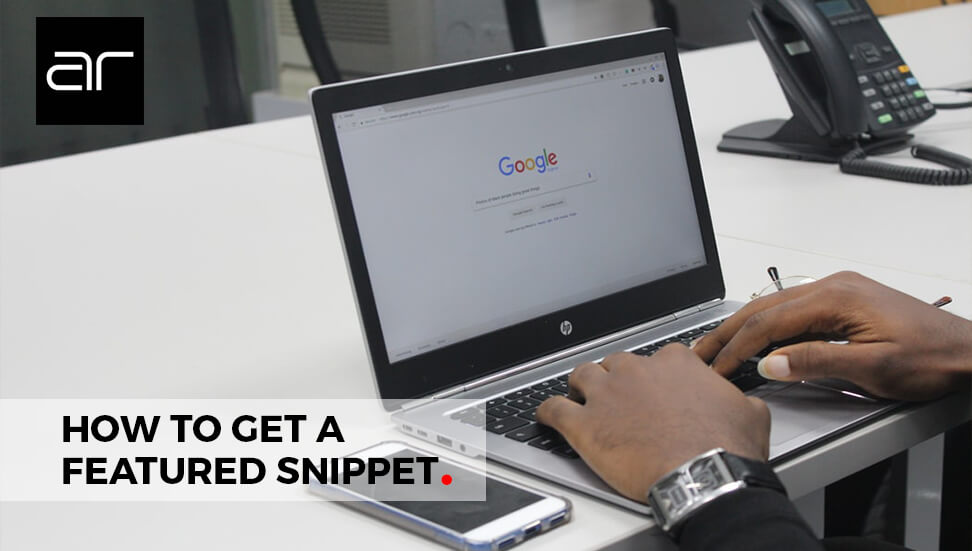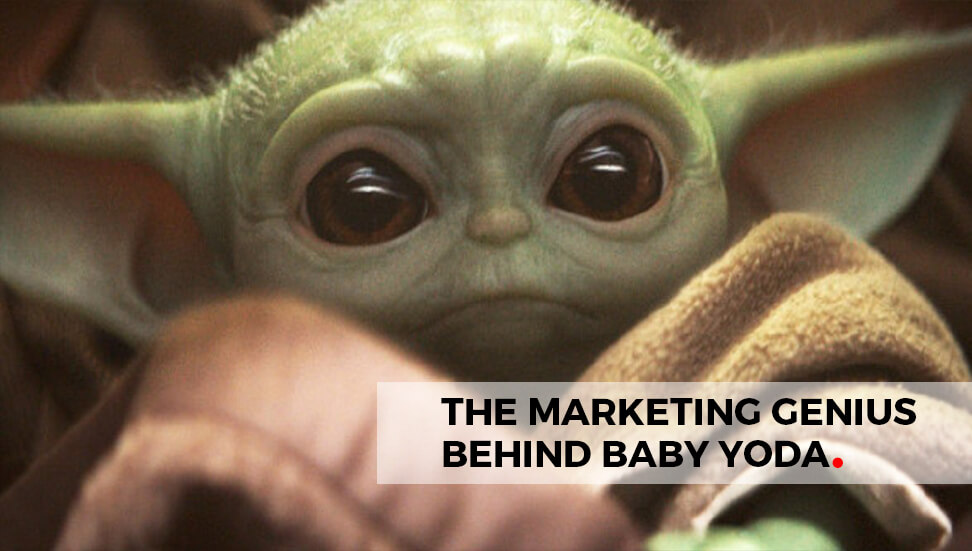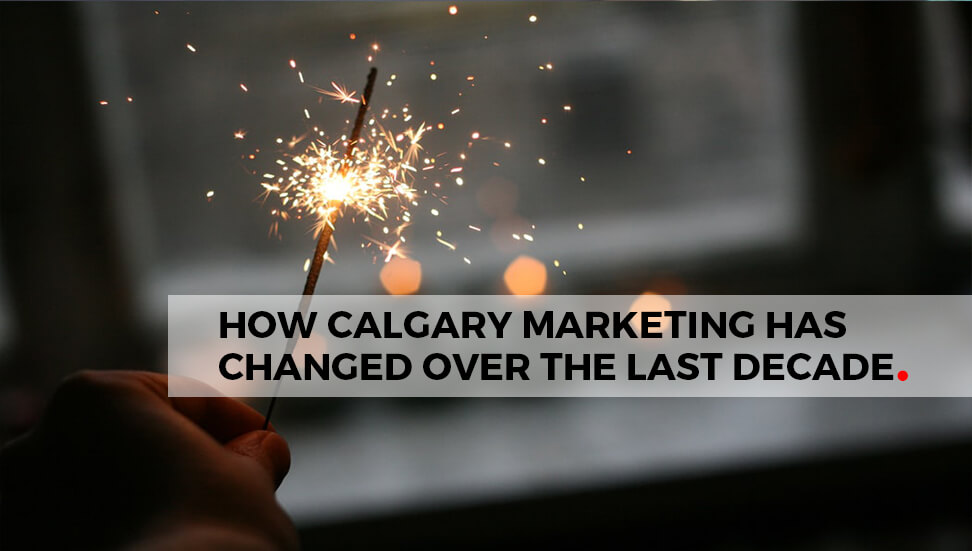Being a freelance designer is a delicate balance of creation – and nagging. You are either tied to your drawing board furiously making sense of the business world in images, or you’re on the phone getting people to pay for all the hours you’ve spent tied to your drawing board furiously making sense of the business world in images. I’ve often wondered why all freelance graphic designers aren’t the size of an elephant after all the comfort eating that must be thrust upon them, but I guess it’s because they have a strategy to cope. With the economy in a downturn, it’s even harder to find an employment Nirvana, but graphic designers are a resilient bunch and always seem to make it through.
Here are some ways that other freelancers have deployed to weather the famine a tight economy can throw at them:
“My advice to you: learn how to run projects, learn how to run a business, learn about and adopt uncompromising professionalism. Whether you’re a freelancer or an agency designer, there’s an opportunity here for you to leverage your online blog/portfolio reputation and build yourself a strong place in the profession.”
— Andy Rutledge
“It’s been proved time after time that a recession (and let’s not forget we’re not actually technically in one yet!) is a time to increase your marketing budget.
Why? Because, in a downturn, the short sighted companies will reduce their advertising spend allowing businesses that maintain or increase their spend to steal market share from them. Also, advertising space and marketing services may reduce in price so that the same advertising spend buys you more media. A recession is the time to start actively looking for work as you promote this age old marketing truth.”
– Rob Cubbon
“How do we go about replacing clients or gaining new ones at a time when people are at their most cautious? Does being a studio with premises give you an advantage over someone who works from home? Being a freelancer at this point could give you an advantage over a studio as you have fewer overheads, but studios have the physical presence which acts as a 24/7 billboard advert to draw in new clients.”
— Sarah Parmenter
“It may hurt a little, but cut back on the perks. Personal as well as staff. Do you really need the pool table or the foosbol table? They take up 100 square feet each. And reception; how often do your clients visit you? Is it important for them that you have a swanky reception area?
Get mean with your new business team. If they’re not winning enough, get rid of them and don’t immediately replace them; give it a try yourself. Nothing sells as well as a hungry business owner.”
– Adam Whittaker
“The truth is, as freelance web designers we have good reason to be optimistic. With slashed budgets, marketers may increasingly turn to email, viral and web marketing as they seek better value for money and return on investment. And when companies begin to lay off staff, it is often the freelancer who benefits when they step in to complete the work that starts overflowing.”
— Aaron Russell
“With pressure on fees you need to be efficient in your design process. In a strong economy this is less of a problem but as things slow and customers shop you may be under pressure to deliver quicker to produce a good recovery on hours spent on the project. Clearly quality should not be sacrificed and pricing needs to reflect the hours required to deliver this before deciding your pitch price and what recovery rate this will be. A good costing system can help to identify levels of profitability on jobs.”
– Nick Forsyth
“Professional graphic design is all about communicating a message as powerfully and memorable as possible. If you become a professional designer, you will have clients that have messages (products, services etc.) that they need to communicate to their market through advertising, and it will be up to you to figure out how to use your design skill and knowledge to present that message in the most effective way possible.
Another piece of advice is to always continue learning and expanding upon your skill set. Never settle for the knowledge you have at any point. Always strive to learn more.”
– Brian Yerkes
“…though we are in a hard and trying time, I feel that it is the businesses that strive to be innovative and market their products well that will see through the current economic downturn. Whilst businesses that bury their heads’ in the sand and ignore the situation will fail.”
— Scott Mallinson
“Admittedly, a recession is a bad moment to begin a freelance career, if only because so many other people may be attempting the same change. Obviously, too, a freelancer’s ability to survive depends on what services they offer; for instance, if you offer web design services, in hard times people might be tempted to put off improvements and changes to their web pages as non-essential.”
– Bruce Byfield
Bruce really did get it nailed as to the strong position freelancers have in an economic downturn. Maybe the fact that you need to ‘sweat a bit’ is all in your head and with a change of attitude, work will come.
‘In general,” he carries on, “freelancers have distinct advantages in troubled times:
Freelancers are already established: As full-timers are laid off and try to support themselves on freelancing, established freelancers already have the contracts and – most importantly – the reputations to keep themselves employed. Many of them have an established customer base, and they can focus on assignments rather than on marketing themselves – a process that usually takes a few months.
Freelancers are more versatile: Full-time employees are generally slotted into narrow specialties. By contrast, freelancers can offer new, related services as the opportunity or need arises. For example, if you are a technical writer who finds that clients are putting off updating their documentation, perhaps you can branch out into public relations or graphic design.
Freelancers are used to working on multiple contracts at the same time: While full-timers often have the luxury of concentrating on one project at a time, most freelancers juggle multiple projects at the same time. Part of the reason may be freelancers are so afraid of being without income that they often overbook themselves. However, an even larger part of the reason is that they don’t always find a single project that brings in enough income by itself. A recession simply makes this situation even more likely. So, in this sense, the habits of the average freelancer become a useful survival mechanism during a recession.
Freelancers have established social networks: In any sort of job-hunting, connections are important. But, while full-timers often neglect networking because of their false sense of security, freelancing is like constantly looking for work. The result is that freelancers may be prepared to replace work lost to the recession with other assignments.
Freelancers are better prepared psychologically for losing work: Many full-timers invest a lot of their self-image in their employment. When they lose their position, they are devastated. But freelancers do not nurse the full-timers’ dream of a job for life. They expect to work on many contracts during their careers. So, when one contract is canceled, it means very little to freelancers – unlike full-timers, they are not devastated. While they may regret the loss, freelancers know that some work will never materialize or be canceled, even in good times.
In other words, a recession is only a freelancer’s regular situation intensified. They know how to deal with the situation, and don’t need to change their attitudes to survive – unlike full-timers.”
If you’re a freelance graphic designer – put down that mini donut! There is everything to live for! Now is the time to get out there are grab more customers. The ones who realise the value of your work are out there looking for you to help their company survive the recession too.
Be bold, and you are in the perfect position to achieve something wonderful.






























